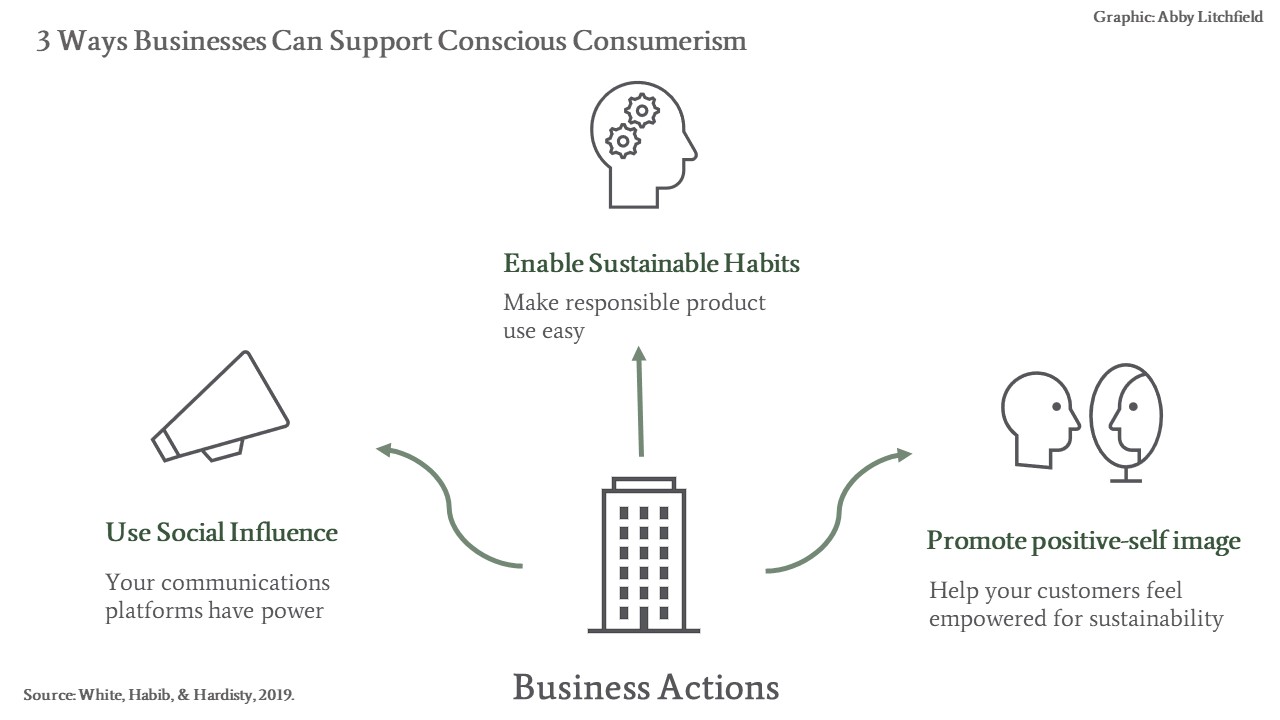Conscious Consumerism: Empowering Customers to Make Sustainable Choices
Introduction
In recent years, the concept of conscious consumerism has gained significant attention as individuals have become increasingly aware of the environmental and social impacts of their purchasing decisions. Conscious consumerism entails making deliberate and informed choices to support ethical and sustainable products and services. This article delves into the empowering nature of conscious consumerism, highlighting its potential to drive positive change in society. By exploring the underlying principles, benefits, and practical tips for embracing conscious consumerism, this article aims to equip readers with the knowledge to make more sustainable choices.
The Principles of Conscious Consumerism
Conscious consumerism rests on several fundamental principles that guide individuals towards more sustainable consumption patterns. Firstly, it encourages awareness and education about the impact of consumer choices on the environment, society, and human rights. By understanding the consequences of their actions, consumers can make well-informed decisions aligned with their values.
Secondly, conscious consumerism promotes responsible and ethical sourcing. Consumers are urged to consider the production practices, labor conditions, and the overall supply chain of the products they purchase. This principle emphasizes the importance of supporting companies that uphold sustainable practices and prioritize the well-being of workers.
Thirdly, conscious consumerism prioritizes environmental sustainability. It encourages individuals to reduce their consumption, recycle and reuse products, and choose environmentally friendly alternatives whenever possible. By embracing eco-conscious choices, consumers contribute to the preservation of natural resources and the mitigation of climate change.
Benefits of Conscious Consumerism
Conscious consumerism offers a range of benefits, both at an individual and societal level. For individuals, it provides a sense of empowerment and purpose, as they realize that their choices can make a tangible difference. By supporting sustainable businesses and products, individuals become catalysts for change, actively contributing to the transition towards a more sustainable and equitable world.
From a societal standpoint, conscious consumerism has the potential to reshape industries and business practices. As demand for sustainable products and services increases, companies are incentivized to adopt more environmentally friendly practices, implement fair labor conditions, and enhance transparency throughout their supply chains. This consumer-driven transformation can lead to systemic changes that benefit both the planet and its inhabitants.
Embracing Conscious Consumerism: Practical Tips
Incorporating conscious consumerism into daily life may seem daunting at first, but simple steps can be taken to make a meaningful impact. Here are some practical tips for embracing conscious consumerism:
Educate yourself: Stay informed about environmental and social issues, as well as the practices of different companies and industries. Access credible sources of information to make well-informed choices.
Prioritize sustainable options: Look for eco-friendly certifications, such as organic or fair trade labels, when purchasing products. Consider opting for locally sourced goods to support local economies and reduce carbon emissions associated with transportation.
Reduce and reuse: Practice mindful consumption by buying only what you need and opting for durable products that can be reused or repaired. Embrace the principles of the circular economy by recycling and upcycling whenever possible.
Support ethical brands: Research companies' sustainability efforts, ethical sourcing practices, and commitment to social responsibility. Support brands that align with your values and contribute positively to society and the environment.
Advocate for change: Use your voice and purchasing power to advocate for sustainable practices. Engage with companies through social media, write to them expressing your concerns, and support organizations that champion sustainable initiatives.
Conclusion
Conscious consumerism empowers individuals to make informed choices that align with their values, promoting sustainability, and social responsibility. By embracing the principles of conscious consumerism and implementing practical tips, consumers have the power to drive positive change in society. Through their choices, individuals can contribute to a more sustainable future, where ethical practices and environmental consciousness are at the forefront of the

Comments
Post a Comment